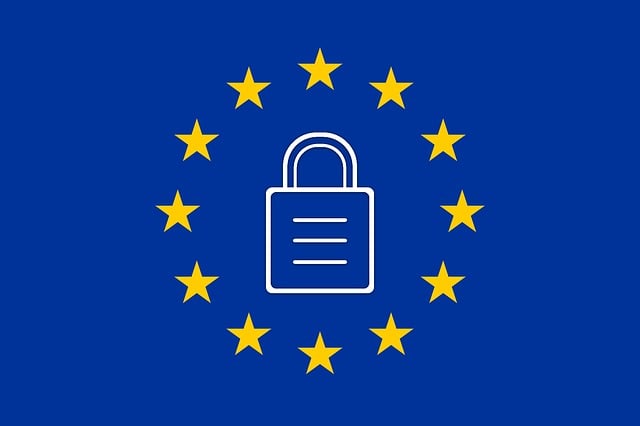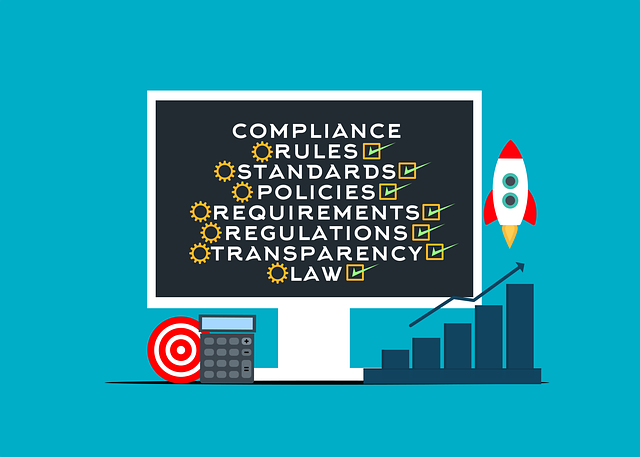When choosing best background check providers, prioritize data privacy and security. These services should clearly disclose data collection practices, emphasizing transparency in handling sensitive information like social security numbers and criminal records. Look for industry-leading encryption technologies, SOC 2 certification, and compliance with global standards (GDPR, CCPA) to ensure your data is protected. Reputable providers like ClearView, Intelius, and TruthFinder offer secure online portals, empowering users to control their personal information in a digital age.
In today’s digital age, understanding privacy policies is paramount, especially when utilizing background check services. This article serves as your guide through the intricate world of data protection, focusing on the key elements every user should scrutinize. We’ll delve into the basics of privacy policies and highlight critical aspects to consider when choosing a background check provider. Additionally, we’ll showcase the best background check providers known for their robust data protection practices, ensuring peace of mind during your search.
- Understanding Privacy Policies: The Basics Every User Should Know
- Key Elements to Look For in a Background Check Provider's Policy
- Top Background Check Providers and Their Data Protection Practices
Understanding Privacy Policies: The Basics Every User Should Know

Understanding privacy policies is essential when using any online service, especially when it comes to sensitive data like background checks. As users, we often take for granted that our personal information is being handled with care and in accordance with legal standards. The best background check providers prioritize transparency in their privacy policies, outlining exactly what data they collect, how they store and use it, and who they share it with.
These policies should clearly state the types of personal details collected, such as social security numbers, criminal records, and employment history. They must also detail any third parties with whom this information is shared, whether for processing or verification purposes. Reputable background check services ensure that user data is encrypted and stored securely to prevent unauthorized access. Knowing your rights and the protections in place empowers users to make informed decisions when choosing from the best background check providers.
Key Elements to Look For in a Background Check Provider's Policy

When evaluating privacy policies of background check services, several key elements stand out as crucial for ensuring your data is protected. First and foremost, look for clear statements regarding data collection practices. The best background check providers will outline precisely what types of information they collect, how it’s used, and who has access to it. Transparency here builds trust and safeguards against misuse or unauthorized disclosure.
Additionally, pay close attention to the security measures in place. A robust policy should detail encryption methods for storing and transmitting data, as well as procedures for incident response and breach notification. Ensuring these practices align with industry standards, such as those set by the SOC 2 certification, can give you confidence that your sensitive information is handled securely.
Top Background Check Providers and Their Data Protection Practices

When it comes to choosing the best background check providers, data protection and privacy should be at the forefront of your considerations. Top-tier services like ClearView, Intelius, and TruthFinder have established themselves by prioritizing secure data handling. These companies employ advanced encryption technologies to safeguard sensitive personal information during collection, storage, and transmission.
Additionally, they adhere to stringent compliance standards such as GDPR and CCPA, ensuring that user data is only collected and processed with explicit consent. Their privacy policies clearly outline what data is gathered, how it’s used, and who has access to it. Features like secure online portals allow users to monitor their information and control its dissemination, enhancing transparency and empowering individuals to protect their privacy in an era of heightened digital awareness.
